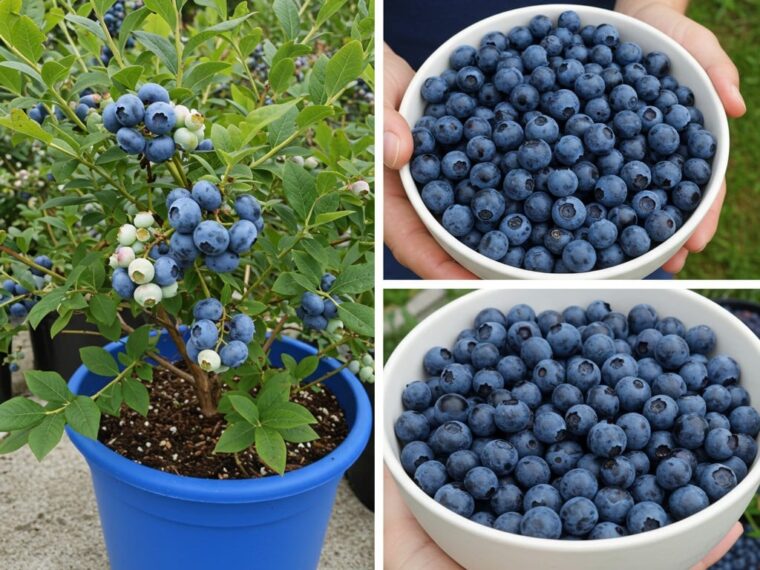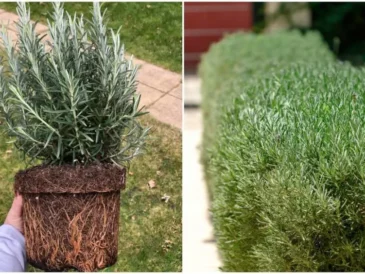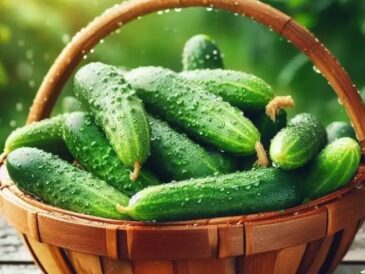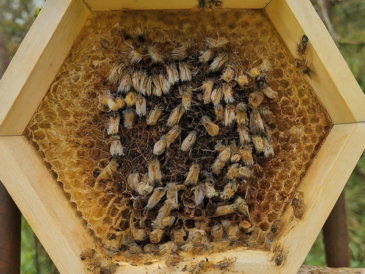Step 5: Mulch & Water Regularly
- Add 2–4 inches of mulch (pine bark, wood chips, or needles).
- Water 1–2 inches per week during growing season.
- Keep soil moist but never waterlogged.
Step 6: Feed the Plants
- Use acid-loving plant fertilizer (azalea/rhododendron mix).
- Fertilize in early spring and again in late spring.
- Stop fertilizing by midsummer to avoid frost damage on new growth.
Step 7: Prune for Productivity
- Don’t prune in the first 2 years. Let plants establish.
- From year 3 onward, prune annually in late winter:
- Remove dead or weak branches.
- Keep 6–8 healthy canes per bush.
- Pruning ensures stronger plants and bigger berries.
Step 8: Extend the Harvest Season
- Plant early, mid, and late-season varieties for months of berries.
- Example: Patriot (early), Bluecrop (mid), Elliott (late).
Step 9: Protect Your Harvest
- Use bird netting or garden mesh—birds love blueberries.
- Keep soil clean and airy to prevent diseases.
Step 10: Harvest & Replant for Endless Supply
- Pick berries once fully blue—they should come off easily.
- Harvest every 5–7 days during peak season.
- Every 7–10 years, replace older bushes with younger ones.
- Propagate by cuttings or layering to grow new plants for free.
🍇 Bonus Tip: Store & Enjoy Year-Round
- Freeze fresh blueberries without washing—rinse later when ready to use.
- Dry or make jams to enjoy your harvest all year long.
👉 With this method, your backyard can supply you with fresh blueberries for decades.
Pages: 1 2




